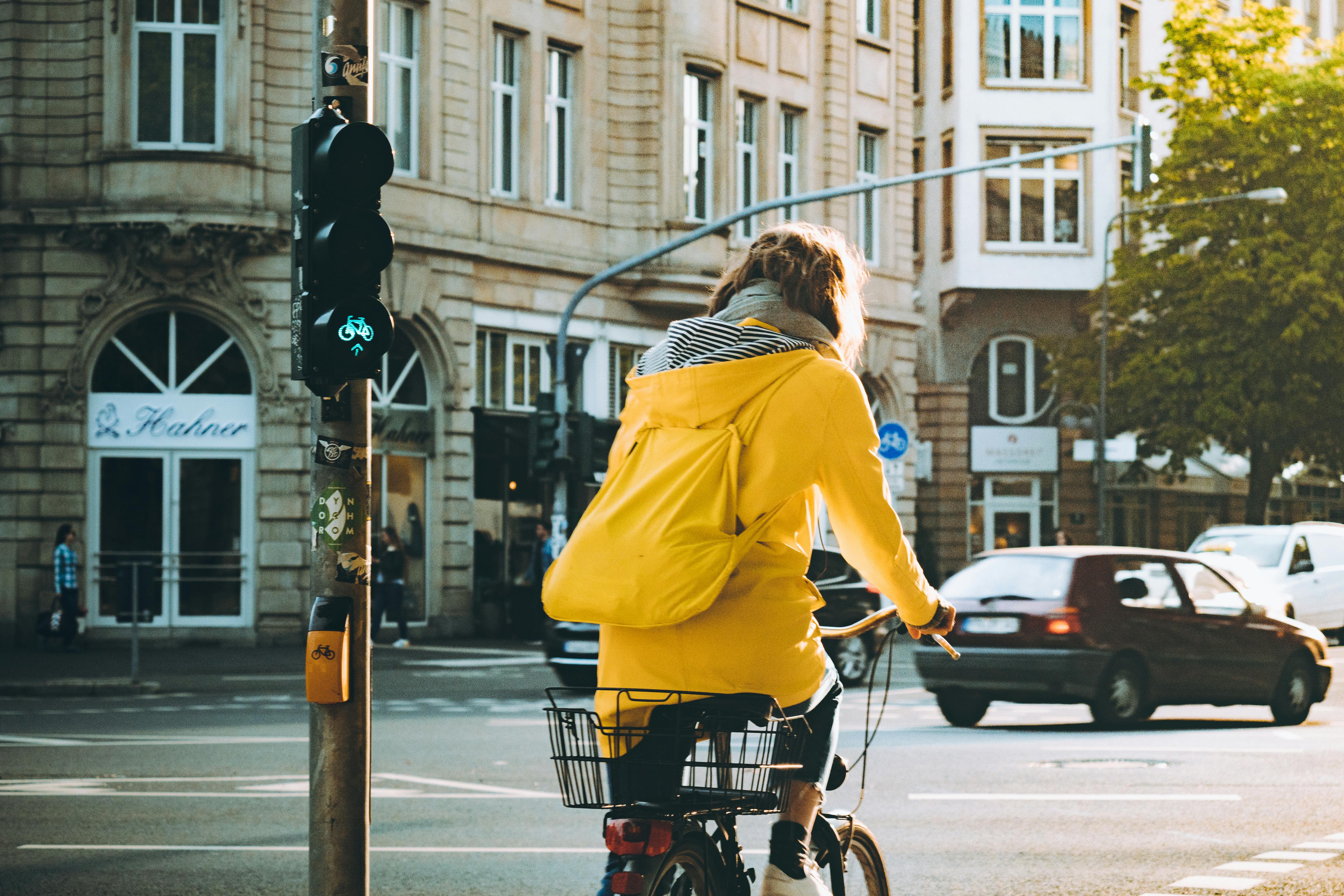“What does the twin transition sound like?” and other questions asked in ST4TE’s narrative interviews
31 March 2025

What is it like to encounter the digital world without being able to see it? Like meeting a touchscreen without knowing where to point or enter information to register your visit at your local healthcare centre? It is quite different from speaking to someone behind a counter, at least. Replacing a person with a screen is a typical situation in times of digital transition. For someone visually impaired, however, this comes with certain experiences that are not always pleasant.
What is it like, on the other hand, to interact with a website, get to know its functions, listen to the text displayed, locate where you can enter your search, and hear a voice that tells you ‘There you have it’?
These situations, among others, such as the affordability of technologies or being ‘too old for digital tools,’ are challenges a group of researchers at ST4TE have come to know more about as part of a task dedicated to collecting qualitative narrative interviews with vulnerable groups.
In those interviews, conducted via online video calls, phone calls, and occasionally in-person meetings, we spend about 45 minutes talking with a citizen and ask them, as an open question, what the green and digital transition means in their life. The conversations look to move beyond mere statistics, with the intent of understanding each person’s story and situation, how their life has evolved, and how the twin transition has played a part in it. Approximately 400 interviews will be conducted in total across different regions.
Digital tools have not only had negative consequences for visually impaired individuals. For example, using an app that has a digital voice describing what is in front of you allows you to ask your phone if you are holding a jar of pickled cucumbers or strawberry jam, without the social awkwardness of asking other people for help. Listening to text read aloud allows you to get information from a website, making the experience accessible not only to those who can see. Talking to devices can be a way to navigate and get answers, such as through conversations with digital voices that can help people write e-mails.
There is another sensory experience: the silence of electrical buses. These buses pose another hazard in traffic, as they often sneak up on pedestrians in areas where people are walking. If you cannot see them, these buses are impossible to notice, especially amid other disturbing noises. Electric buses are something municipalities in Europe have been keen to implement as part of the green transition, but they have been less eager to address the critique from the association of the visually impaired. There are ongoing conflicts and inequalities about this issue, which, among others, the ST4TE project helps to better understand and address.

Some of the people we talked to have been actively engaged in green transition issues, such as improving cycling possibilities where they live or making it safer for their children to bike to school. When you live in the sparsely populated inland areas of Sweden or Italy, cycling from home to school anywhere other than on the main road, alongside large trucks speeding by, is seldom an option. Having the infrastructure to cycle safely emerges as an issue of ‘living’ the transitions.
Not everyone experiences the changes in transport or the use of digital tools through smartphones in a positive way. Some people we spoke to have also been negatively affected by green or digital policies, for example the noise of wind-power plants in areas that were once quiet, or the feeling of being excluded from the transitions due to a lack of subsidies or incorrect communication about the availability of such resources, when available.
The way these groups formulate critique is an example of people organising collectively around their experiences of the twin transition. The ST4TE project aims to understand the agency people possess: what is their capacity to act and respond? We find many examples in the interviews where the twin transition is something people have a lot to say about, even though the term is almost always unfamiliar to them.
In the upcoming months, we will conduct more interviews in different parts of Europe. Towards the end of the interview process, the project team will analyse the stories to understand whether the twin transition policies – separately and jointly – have aggravated existing inequalities and produced, or risk producing, new inequalities, focusing on vulnerable groups.
Article prepared by Sebastian Svenberg, University of Gothenburg